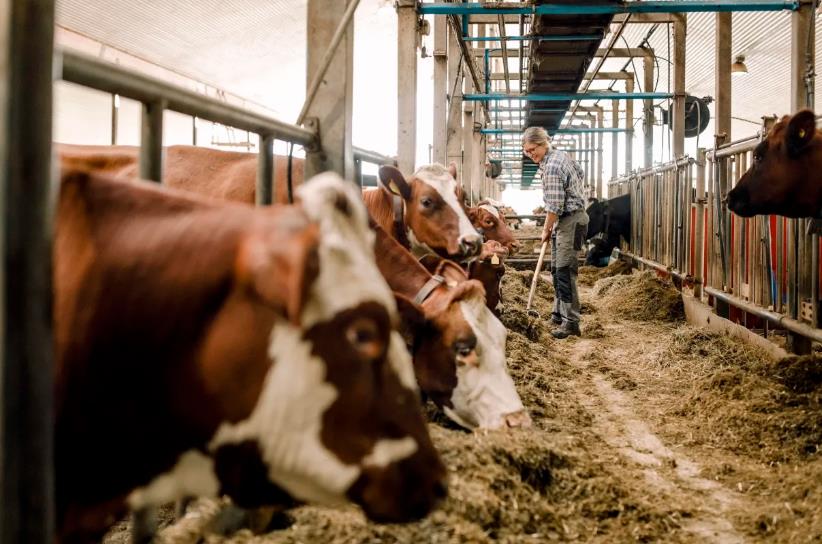Introduction: Bird flu, or avian influenza, remains a significant concern as it continues to affect both birds and humans. This article explores the latest developments in bird flu, focusing on human cases, the potential for outbreaks, and the progress in vaccine development.
Human Cases and Risks: While bird flu primarily affects birds, there have been isolated human infections, typically among those in close contact with infected birds. The risk to the general population remains low, but health authorities monitor the situation closely due to the potential for the virus to mutate and become more transmissible among humans.
Vaccine Development: Efforts to develop effective vaccines are ongoing, with researchers working on both preventive and pandemic vaccines. Current vaccines are tailored to known strains, but the unpredictability of the virus poses challenges in ensuring broad protection.
Global Surveillance and Response: International health organizations are intensifying surveillance to detect and respond to new cases promptly. Collaboration between countries is crucial in managing the spread and impact of bird flu, especially in regions with high poultry density.
Public Health Recommendations: People are advised to avoid contact with wild birds and poultry in affected areas and to follow proper food safety practices. Awareness and preparedness are key to minimizing the impact of any potential outbreak.
Conclusion: Bird flu remains a public health concern, but ongoing research and international cooperation are vital in preventing a major outbreak. Staying informed and following health guidelines are essential steps in protecting oneself and others from the virus.
This article provides an overview of the current situation, emphasizing the importance of vigilance and readiness in the face of evolving threats from bird flu.
